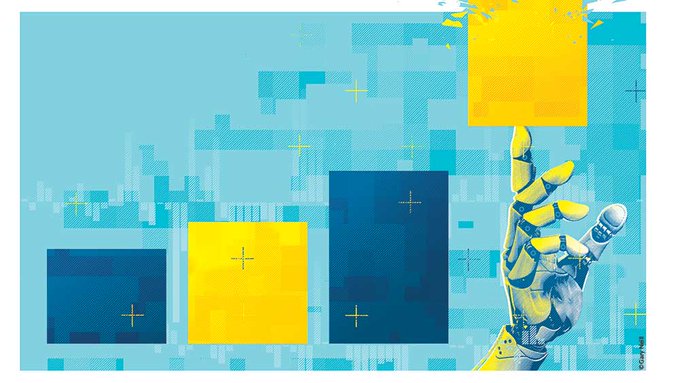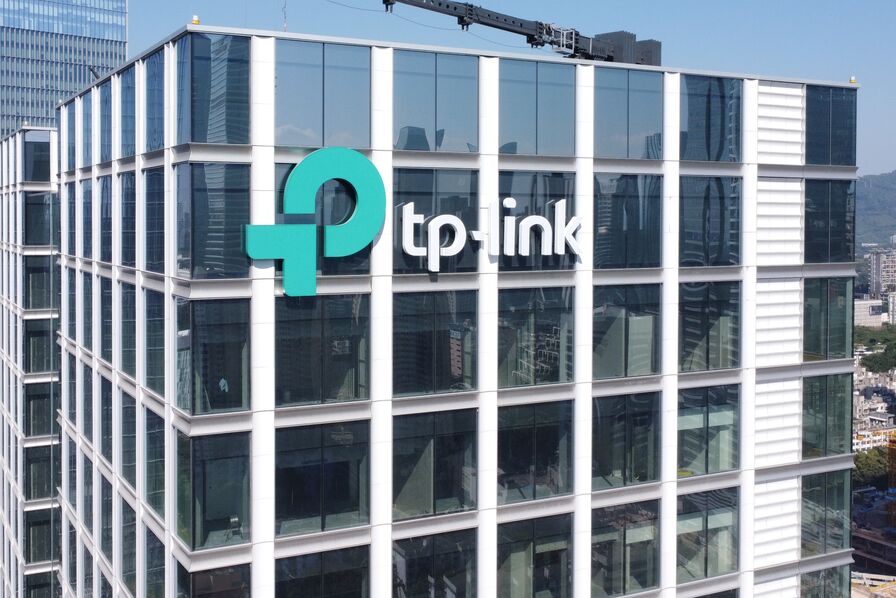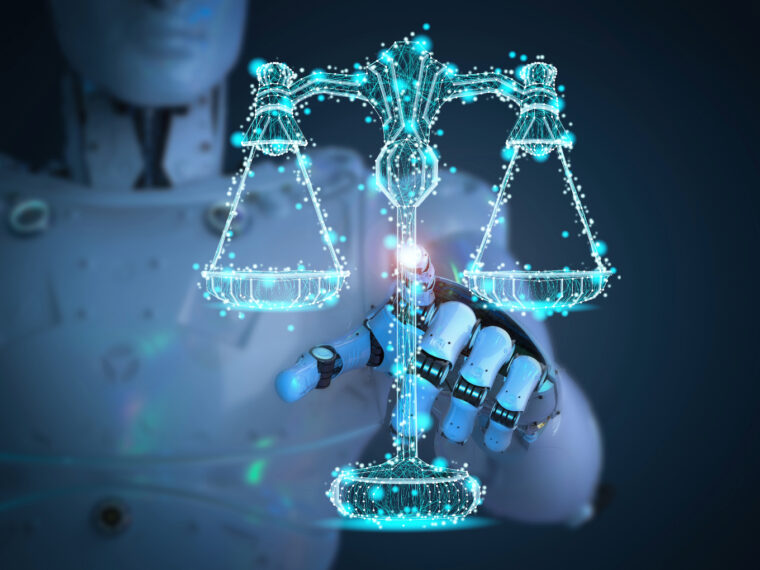When OpenAI launched the generative AI chatbot ChatGPT for public use on Nov. 30, the S&P 500 was worth $5 trillion less than now, tech spending was deep in a post-pandemic hangover, and the economy appeared headed for recession or persistent high inflation.
That single day provided just an inkling of generative AI’s potential for transformative impact. The S&P 500 shot up more than 3% as tech stocks with artificial intelligence products rumbled. OpenAI investor Microsoft (MSFT) leapt 6%, and AI chipmaker Nvidia (NVDA) climbed 8%. Google parent Alphabet (GOOGL) also jumped 6% that day, and Meta Platforms (META) ran up nearly 8%.
Now the tech hangover is giving way to a new « gold rush, » Wedbush Securities analyst Dan Ives argues. Ives thinks ChatGPT opened the door to another $1 trillion in artificial intelligence-related spending over the coming decade that wasn’t on Wall Street’s radar.
And the economic impact could prove even more far-reaching. Some analysts are even talking about a new Roaring ’20s fueled by AI. Experts say generative AI could launch a surge in productivity after a 17-year slump. A productivity pickup couldn’t come at a better time, as a worker shortage, an aging population and deglobalization fan inflationary pressures.
« We are in desperate need of a new source of growth, » Deutsche Bank economists wrote in a June 14 report. « Despite near-term pessimism, we remain enthusiastic about AI’s potential to change the nature of our economies, » they wrote, calling it « an immense source of optimism » as the decade progresses.
Mots-clés : cybersécurité, sécurité informatique, protection des données, menaces cybernétiques, veille cyber, analyse de vulnérabilités, sécurité des réseaux, cyberattaques, conformité RGPD, NIS2, DORA, PCIDSS, DEVSECOPS, eSANTE, intelligence artificielle, IA en cybersécurité, apprentissage automatique, deep learning, algorithmes de sécurité, détection des anomalies, systèmes intelligents, automatisation de la sécurité, IA pour la prévention des cyberattaques.






